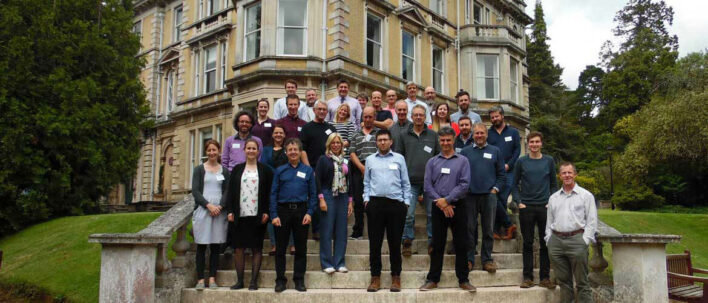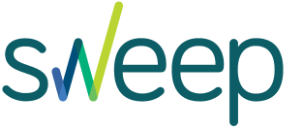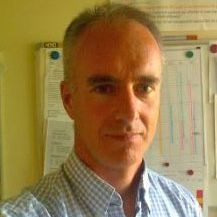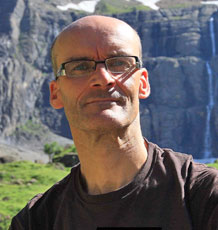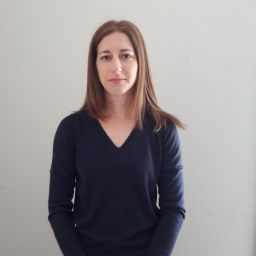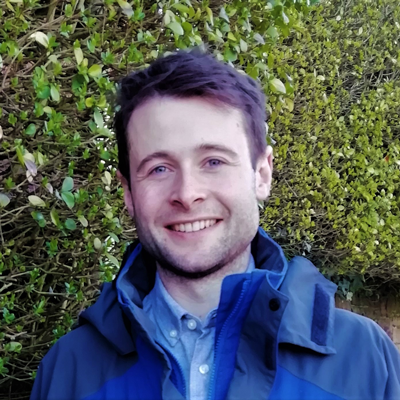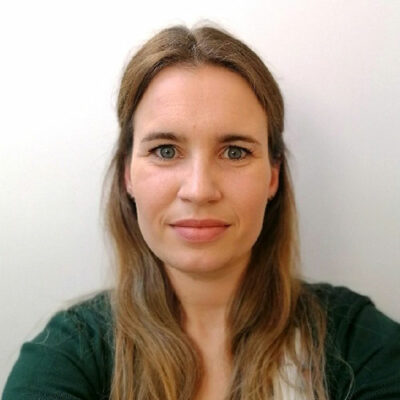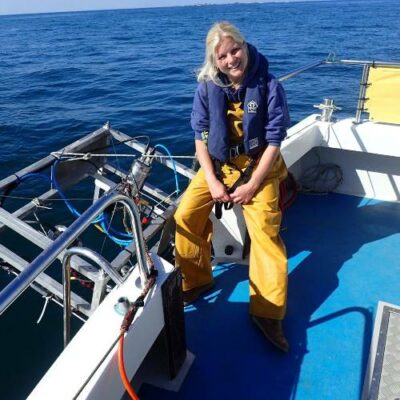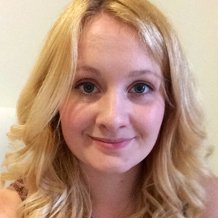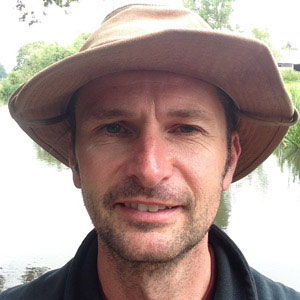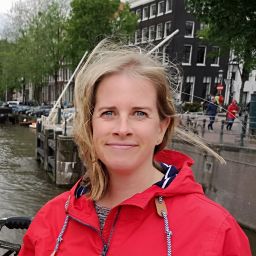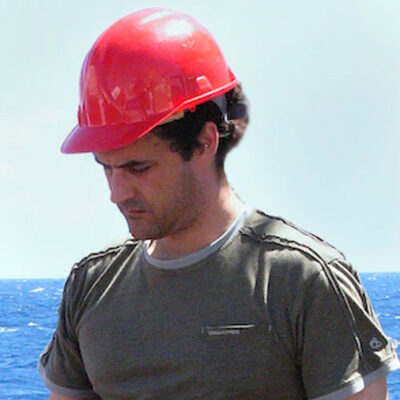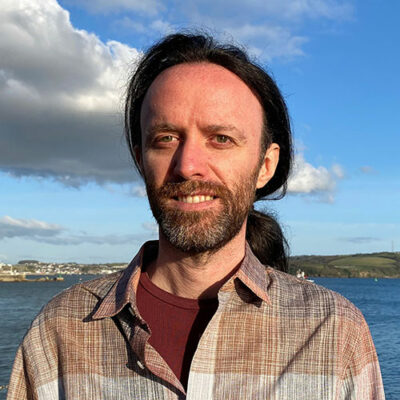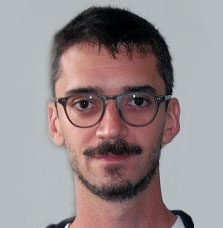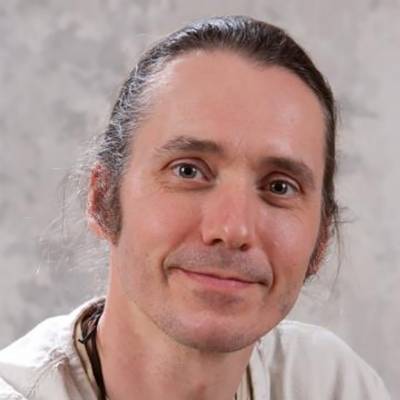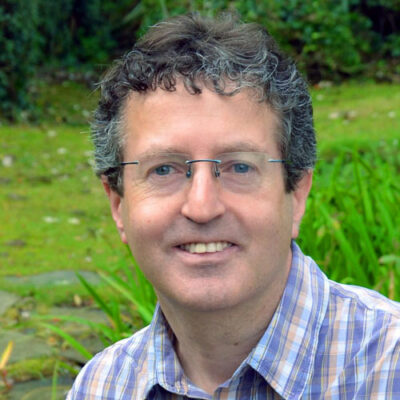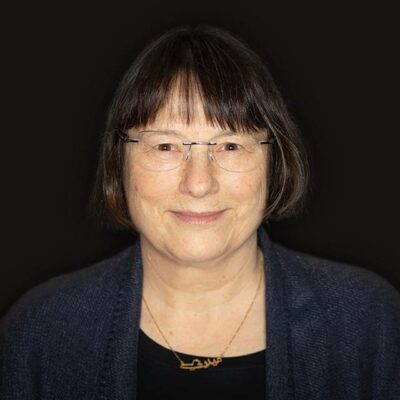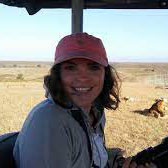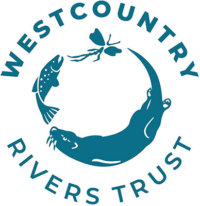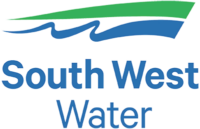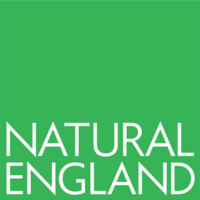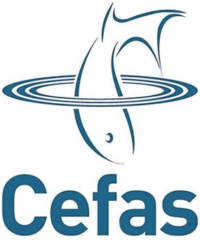Project team
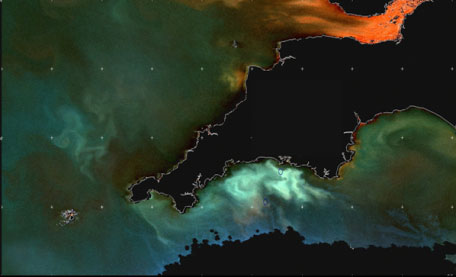
Partners
What we did
- Sustainable aquaculture through the One Health Lens – Led by the Centre for Sustainable Aquaculture Futures (a joint initiative between Cefas and the UoE), Sustainable aquaculture through the One Health Lens applies a ‘One Health’ approach to the Aquaculture industry which recognises that societal buy-in, equity of access to the food produced, and environmental protection must be adequately addressed as the industry expands over the coming decades. Paper available here.
- Positive Tipping Points workshop for mariculture in SW – Workshop held ‘Applying a positive tipping points framework for the sustainable development of the mariculture sector in the SW England’ (15 Sep 2022) linked to UoE meeting ‘Tipping Points – from climate crisis to positive transformation’ (12-14 Sep 2022).
- Harmful Algal Blooms monitoring and modelling – ‘Assessing risks and mitigating impacts of harmful algal blooms on mariculture and marine fisheries’ – a critical review and analysis of HAB impacts on mariculture (and wild capture fisheries) and recommend research to identify ways to minimise their impacts on the industry. Available here.
- Extensive programme of stakeholder engagement – over 34 events were attended or organised in the SW to promote SWEEP work, develop networks for information sharing and provide strategic input. Engagement occurred with a wide range of stakeholders from industry, with interests in mariculture, water quality, regulation, farming and land use.
- A workshop attended by >100 participants at the SWEEP 2020 Expo developed Stakeholder perspectives on the importance of water quality and other constraints for sustainable mariculture to inform modelling work. Paper available here.
Impacts & benefits
Novel application of positive tipping points framework to SW mariculture sector – this workshop helped to reframe issues constraining development of the SW shellfish mariculture sector as a series of critical interventions required to address the constraints.
This SWEEP workshop gave stakeholders an opportunity to apply the new Positive Tipping Points framework to long-recognised issues faced by the South West’s aquaculture sector. This novel process identified critical interventions which, if addressed, could help to realise growth targets for the shellfish industry, as set out in the English Aquaculture Strategy (2020). Bringing new insights and perspectives to old problems, this novel approach is helping to build the momentum needed to deliver positive change – both in the short and longer-term, and in the South West and potentially further afield too.
Tim Huntington, Co-author of English Aquaculture Strategy, Seafood 2040
Looking to the future
A £50K research proposal to extend the application of the Positive Tipping Point Approach to sustainable international development of seaweed, crustacean shellfish and finfish aquaculture is being developed between UoE and Cefas as part of the collaborative centre for Sustainable Aquaculture Futures.
